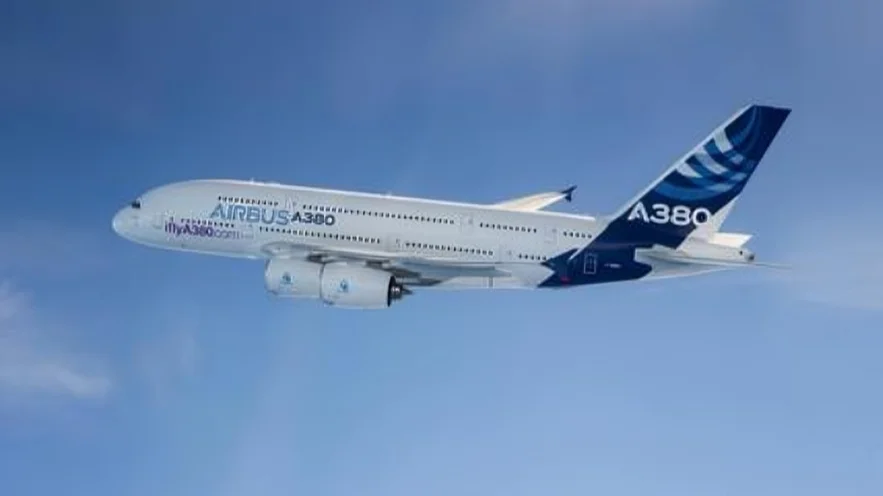A recent incident on a United flight from Denver to Houston has reignited the debate over proper use of overhead bin space. The altercation began when a passenger removed another traveler’s backpack from the overhead compartment to make room for their rollaboard suitcase.
The owner of the backpack reportedly "yelled at him to put it back and they got in an argument." The passenger with the rollaboard insisted that the backpack should be stored under the seat. Other passengers supported this stance, arguing that personal items should not occupy overhead bin space.
However, it was later revealed that the individual with the backpack had already placed a briefcase under his seat, making it necessary for his larger carry-on item to go in the overhead bin. Consequently, "roller guy was speechless and walked away with his suitcase to the back," likely having to gate-check his bag due to lack of available space.
 Alerts Sign-up
Alerts Sign-up





















